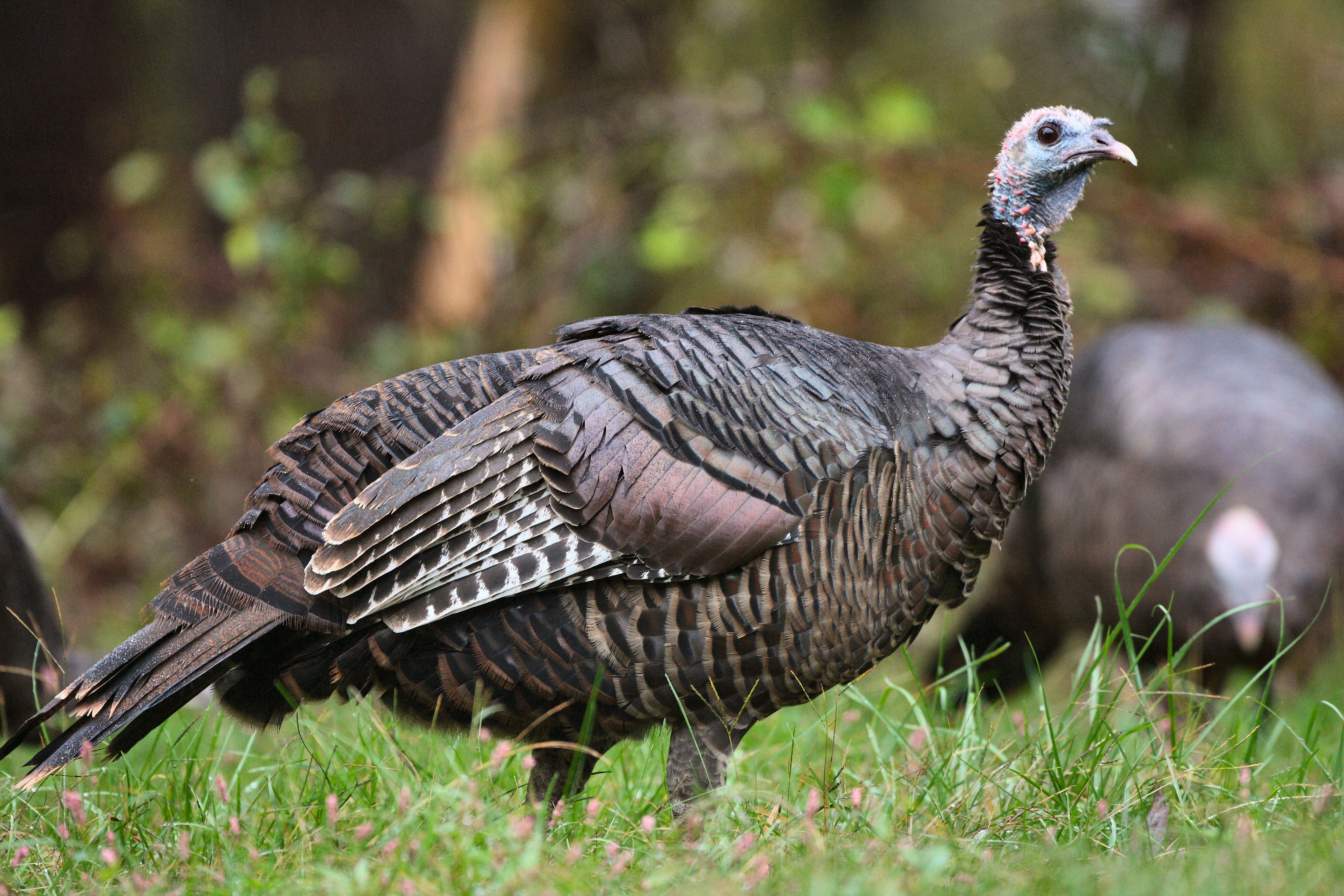Feeding wildlife is a popular activity in many areas, but when it comes to wild turkeys, there are often questions about its legality. In this article, we will explore the topic of feeding wild turkeys and whether or not it is considered illegal.
The Importance of Wild Turkeys
Wild turkeys are a majestic bird species native to North America. They play a crucial role in the ecosystem by dispersing seeds, controlling insect populations, and providing a food source for other wildlife. Watching them in their natural habitat can be a delight for nature enthusiasts and bird watchers alike.
Potential Risks of Feeding Wild Turkeys
While feeding wild turkeys may seem harmless, it can have unintended consequences. Here are a few risks associated with feeding these beautiful birds:
| Risk | Description |
|---|---|
| Dependency | Feeding wild turkeys can create dependency, making them reliant on human-provided food and disrupting their natural foraging behaviors. |
| Health Issues | Human food may be nutritionally inadequate for turkeys and could lead to health problems such as malnutrition and obesity. |
| Aggressive Behavior | When turkeys become accustomed to being fed, they may display aggressive behavior towards humans or other animals in their search for food. |
| Overpopulation | Feeding can lead to overpopulation in certain areas, causing habitat degradation and competition for limited resources. |
| Public Safety | Turkeys congregating in urban or suburban areas due to feeding can create hazards such as traffic accidents and property damage. |

Credit: wildlifehelp.org
Legal Considerations
The legality of feeding wild turkeys varies by location. It is important to check with local authorities, such as wildlife agencies or departments of natural resources, for specific regulations and guidelines.
In some areas, feeding wild turkeys may be illegal due to the aforementioned risks associated with it. These regulations aim to protect both the turkeys and the environment. Penalties for illegal feeding can range from warnings and fines to more severe consequences.
Conversely, there are regions where regulated feeding programs are in place. These programs often focus on providing supplemental food during harsh winter conditions when natural food sources may be scarce. Such programs are carefully managed to minimize the risks mentioned earlier and ensure the health and welfare of the turkeys.

Credit: www.capradio.org
Alternatives to Feeding
If you want to support wild turkeys without directly feeding them, here are a few alternative ways to show your appreciation for these fascinating birds:
- Create a turkey-friendly habitat in your yard by planting native vegetation and providing roosting sites.
- Participate in conservation efforts and volunteer with organizations that work to protect and preserve wild turkey populations.
- Educate others about the importance of wild turkeys and the potential consequences of feeding them.
Remember, observing wild turkeys in their natural environment, without interference, helps maintain their ecological balance and ensures their long-term survival.
Frequently Asked Questions Of Is It Illegal To Feed Wild Turkeys,
Can You Get In Trouble For Feeding Wild Turkeys?
Feeding wild turkeys may be considered illegal in some areas, as it can disrupt their natural foraging habits and impact their behavior.
What Are The Potential Consequences Of Feeding Wild Turkeys?
Feeding wild turkeys can lead to habituation, increased aggression, and dependency on human-provided food, impacting their natural behavior and ecosystem balance.
How Does Feeding Wild Turkeys Affect Their Health And Survival?
Feeding wild turkeys with inappropriate food can lead to malnutrition, disease transmission, and decreased survival skills, posing a threat to their well-being and population.
Where Can I Find Guidelines On Feeding Wild Turkeys?
Local wildlife or conservation authorities can provide specific guidelines and regulations regarding feeding wild turkeys, ensuring compliance with legal and ethical standards.
Conclusion
While feeding wild turkeys may seem like a kind gesture, it can lead to a variety of risks and legal implications. Understanding the potential negative consequences and checking local regulations is essential. Supporting turkeys through conservation efforts and creating a suitable habitat are more sustainable ways to appreciate these magnificent birds.

Leave a Reply